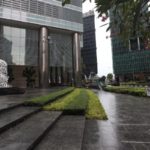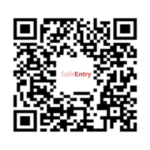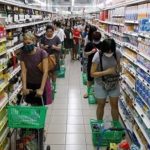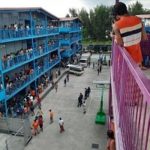Private Healthcare Starts to Provides Vaccine after WHO Approvals
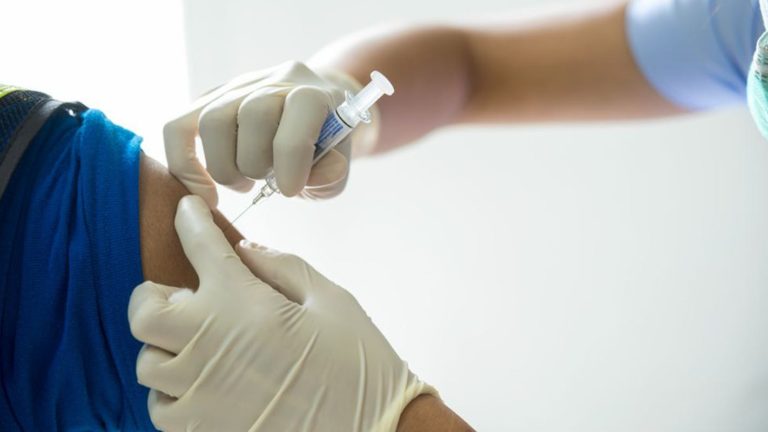
SINGAPORE is making a wider range of Covid-19 vaccines available through the private sector to enhance flexibility and vaccine coverage of the population. The licensed providers will be allowed to charge patients receiving the vaccine a fee to cover their costs. For Singapore’s 34,000 individuals who were previously rejected from taking the mRNA vaccines or who were allergic to the mRNA vaccine, the government will reimburse them this fee if they decide to receive the Sinovac vaccine.
Individuals who want to take these shots will do so at their own cost and risk – in contrast with the official vaccine roll-out, which is free for all long-term residents. The government will not subsidise vaccines given under the Special Access Route (SAR), and those who get such vaccines are not eligible for the scheme that grants one-time goodwill financial assistance for serious vaccine side effects.
Singapore’s expert committee on Covid-19 vaccination is now reviewing whether people with a history of anaphylaxis can safely receive mRNA vaccines. Registration will also be open to those who are pregnant from June 4 onwards.
With Singapore already weighing whether vaccinated people could be excused from certain testing or public health requirements. It will review the data to determine whether the same exemptions may apply to those vaccines under the SAR.
Singapore Vaccine with Special Access Routes (SAR)
Import and supply of unregistered TP for patient’s use
The use of unregistered therapeutic products should only be considered for life-saving therapies, where there is an unmet medical need such as in situations where a registered treatment option is absent, and the patient’s health will be clinically compromised without treatment with the unregistered therapeutic product.
Approval must be obtained for each consignment of the unregistered therapeutic product before it can be imported.
The maximum quantity of each consignment cannot exceed a total of three months’ supply per patient based on the recommended dose stated in the therapeutic product’s package insert. We may consider an application for a quantity exceeding the specified maximum amount if it can be substantively justified based on medical needs.
You can apply to import unregistered therapeutic products via this SAR if you are:
- A licensed hospital or clinic (PHMC) importing the drug for use by your own doctors or dentists on patients under their care.
- A licensed retail pharmacy acting on behalf of, and in accordance with a valid prescription issued by a registered doctor or dentist.
- A company acting on behalf of a licensed hospital or clinic. You are required to obtain an importer’s licence and a wholesaler’s licence from us prior to the import. At least one qualified pharmacist must be named as the responsible person in the import licence.
Import and supply of registered drug on consignment basis
Under the Health Products Act, the import and supply of registered therapeutic products must be conducted by licensed dealers authorised by the therapeutic product registrants. Dealers intending to import or wholesale a registered therapeutic product, but are not authorised by the registrant to do so, are required to apply for approval from us.
Each application is restricted to only one therapeutic product, and is registration number specific. A separate application is required for each additional therapeutic product. The therapeutic product to be imported must be, in all aspects, the same as the pharmaceutical drug that is currently registered and marketed in Singapore.
Each approval is granted to a single consignment of the specified batch of the therapeutic product made in the application. Importation must be carried out within one year from the date of the approval, subject to the validity of the corresponding Importer’s Licence.
Special consignment by a product registrant
The special consignment scheme is intended to ensure continued availability of a registered therapeutic product, where there is a supply disruption due to the inability of the product registrant to supply stock as per registered in Singapore. In such situations, product registrants need approval from us to bring in a consignment of a registered therapeutic product intended for another market to mitigate stock-out situations.
Pandemic Special Access Route for Supply of Emergency TP
PSAR provides for the Government of Singapore to direct the supply of such emergency therapeutic products during the pandemic, taking into consideration the following:
a) there is reasonable evidence suggesting that the potential benefits outweigh the risks for their use in treating or preventing a disease in an emergency that may pose serious threats to the public; and
b) there is on-going quality, safety and efficacy data generated to support the eventual transition of the interim authorisation to product registration under section 15 of the Health Products Act and regulation 22 of the Regulations.
Sinovac COVID-19 vaccine to be allowed in Singapore
Singapore received its first shipment of the Sinovac vaccine on Feb 23, but the Health Sciences Authority (HSA) has not approved the two-dose vaccine for use here yet.
In a statement on Wednesday, MOH confirmed that the Sinovac vaccine would be allowed under the special access route, and that the ministry would soon release more details for private healthcare institutions to apply to be licensed providers for those shots.
It added that it was also studying the possibility for private healthcare institutions to access its existing stock of 200,000 doses, and was working out details on pricing, informed consent process and safety for patients who opt for the Sinovac shot.
It also reiterated that Sinovac is not part of the national vaccine programme and therefore would not be covered under the Vaccine Injury Financial Assistance Programme for COVID-19 Vaccination.


